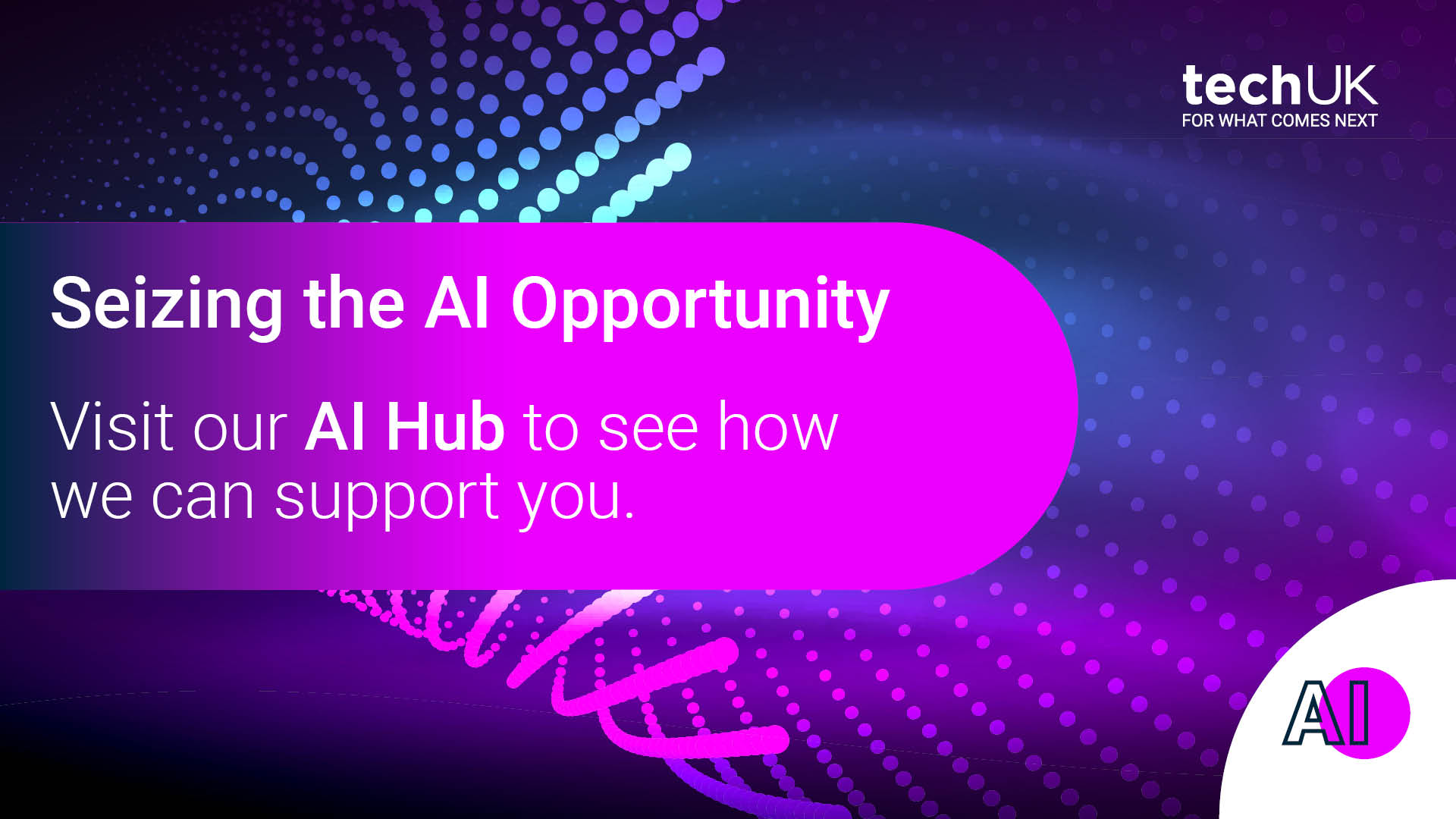Guest blog (Thales): AI-powered transformation: innovating the UK public sector and driving economic growth
It’s inescapable; artificial intelligence (AI) is now everywhere, infusing all corners of the digital world and the greater economic and public landscape. The UK government is committed to AI investment and innovation, recognizing its potential to improve public services, efficiency, and decision-making while safeguarding sensitive data.
Economic impact
According to a study by PWC, the UK’s GDP will be as much as 10.3% higher in 2030 thanks to AI’s impact. Gains are attributed to projected increases in productivity, customer-facing product enhancements, and demand from new firms.
Aside from increasing efficiencies and output, AI also creates a slew of new jobs, such as:
• AI compliance managers
• Sentiment Analysers
• AI input and output manager
• Language ingestion optimiser
• AI prompt engineer
And since AI is already revolutionising major industries such as agriculture, finance, and energy, trustworthy and reliable AI is now seen as a powerful asset to enhance global competitiveness.
Societal benefits
AI can also improve public services like healthcare, education, and transportation. Machine learning is being used to improve patient treatment plans and interpret medical imagery. Adaptive AI systems in the classroom make customized, personalized learning possible. AI-powered tracking systems provide real-time data on the location of shipping fleets. Where employment is concerned, AI is both a benefit and a challenge. Current employees in other industries can be reskilled to take advantage of the roughly 97 million new roles created by AI. However, artificial intelligence cannot yet be trusted to fairly (or aptly) choose the best recruits for a job.
Environmental sustainability
AI is also being used to help nations like the UK achieve their environmental goals. For example, AI can be leveraged to:
• Optimise energy consumption | AI models can help determine the best times to store and release energy by accounting for factors such as price, grid supply, and consumer supply and demand.
• Mitigate and adapt to climate change | Existing AI tools can help mitigate climate change by tracking icebergs, identifying pollution, predicting weather, recycling waste, and more.
• Manage sustainable resources | AI can help expand sustainability efforts by accurately forecasting energy use (to help utilities be more efficient about their power output), creating fewer error-prone computer chips (by automatically vetting them for bugs and anomalies before they roll out), and analyzing water consumption to reduce waste.
Challenges and considerations on data security and confidentiality
However, while AI is a capable and compelling tool, it also comes with its fair share of security challenges and considerations, especially in the realms of data security and confidentiality. Those concerns manifest in the following areas:
-
Protecting aggregated data
When training AI models, the data used to feed them must be sanitized and anonymized. Having sensitive information informing the model could lead to disastrous leaks down the line, so robust data protection measures are needed. This is where techniques like tokenization and data anonymization come into play, erasing personal identifiers from data sets before they are used to train AI models.
-
Confidential computing
AI in everyday scenarios, such as chatbots and pharmaceutical drug discovery, requires large amounts of data for effective analytics. Data in transit and at rest has been the focus of security efforts for years, but what about data in use, as in these cases? Confidentiality computing, a method of processing data in a separate, safe zone of a computer's processor, enables sensitive public sector data processing. This allows private files to be analyzed privately, ensuring no outside entity has viewed or tampered with the information.
-
On-prem vs. hyperscaler AI
Hyperscaler cloud solutions offer AI models with access to a large network of data centres and services, but on-premises deployments are better for sectors with strict compliance requirements like Healthcare or Financial Services. In-house AI deployments provide more control over security but offer less power. To ensure the safety of intellectual property and sensitive data, opting for advanced big data security features and compliance certifications in a hyperscale environment is recommended.
Conclusion
By adopting AI into the nooks and crannies of operations, businesses in the UK public sector will modernize current processes, swapping old systems for new, mega-efficient ones. Executives should view AI as a potent tool for achieving innovation and progress, no matter their industry, and leverage its uses to make bad systems good and good systems better.
By investing in AI-trained engineers (or upskilling their current workforce) and ensuring a responsible deployment, organisations can begin to leverage AI’s many uses and – more importantly – not get left behind.
techUK - Seizing the AI Opportunity
The UK is a global leader in AI innovation, development and adoption.
AI has the potential to boost UK GDP by £550 billion by 2035, making adoption an urgent economic priority. techUK and our members are committed to working with the Government to turn the AI Opportunities Action Plan into reality. Together we can ensure the UK seizes the opportunities presented by AI technology and continues to be a world leader in AI development.
Get involved: techUK runs a busy calendar of activities including events, reports, and insights to demonstrate some of the most significant AI opportunities for the UK. Our AI Hub is where you will find details of all upcoming activity. We also send a monthly AI newsletter which you can subscribe to here.
Upcoming AI Events
Latest news and insights
Subscribe to our AI newsletter
AI and Data Analytics updates
Sign-up to our monthly newsletter to get the latest updates and opportunities from our AI and Data Analytics Programme straight to your inbox.
Contact the team
Visit our AI Hub - the home of all our AI content:

Enquire about membership:










